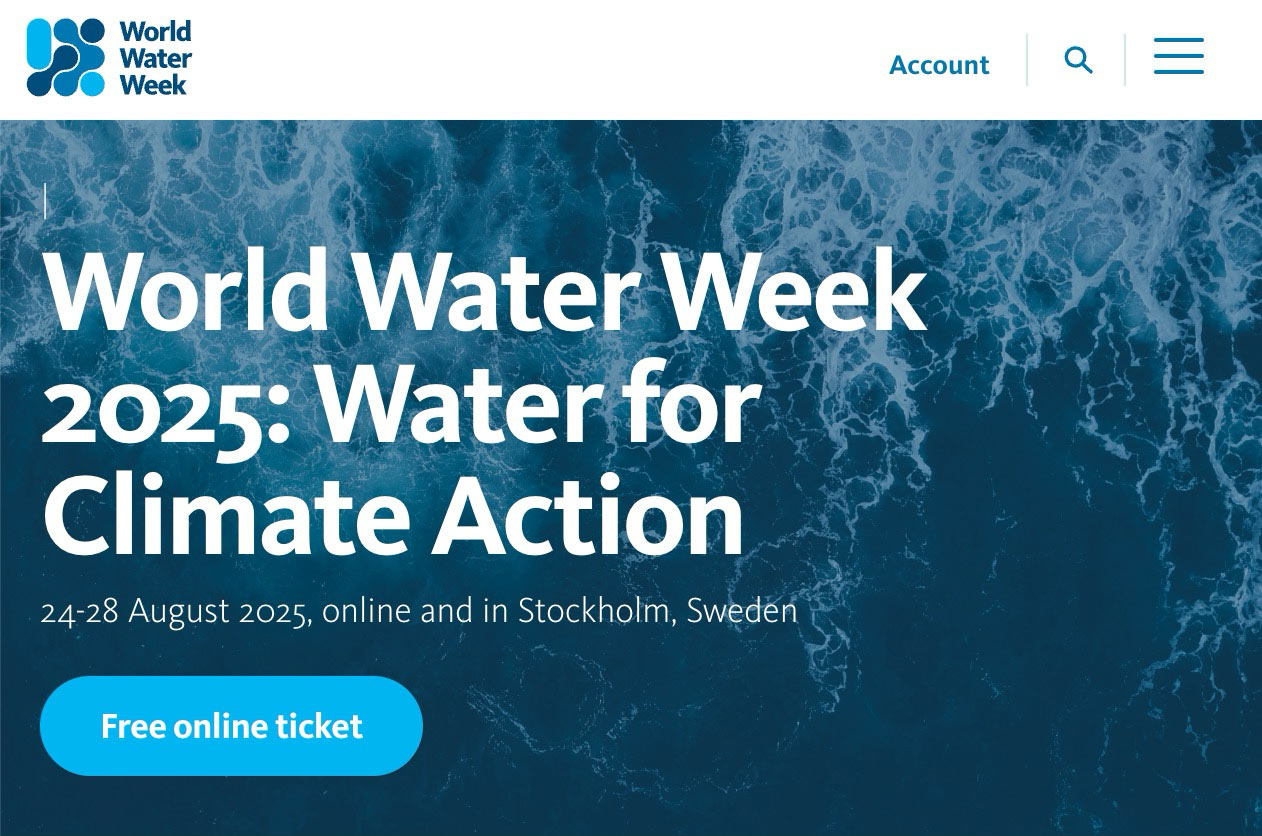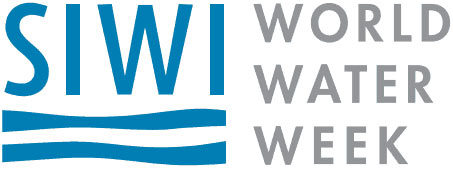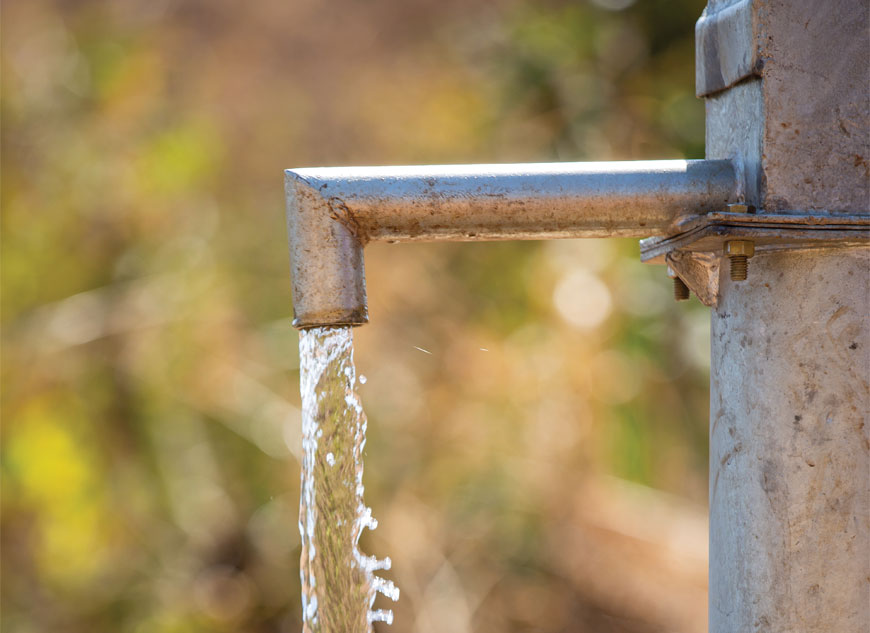A global initiative towards making all drinking water lead-free by 2040
Nothing is more fundamental to human health and well-being than access to safe drinking water.
In 2016, world leaders adopted the Sustainable Development Goals (SDGs) including SDG 6 – a universal call to action to provide access to safe and affordable drinking water to every person, everywhere, by 2030.
As part of our global commitment to provide water that is free from microbial hazards and priority chemical contaminants that impact human health, we launch this global initiative to work towards lead-free drinking water by 2040.



Lead is an invisible, odorless and tasteless chemical contaminant present in water supply systems worldwide. The primary source of lead in many systems is lead-containing pipes and parts that leach lead into the water.
No safe level of lead exposure has been identified. Lead is a toxin that irreversibly impacts neurological and cognitive development. Acute or chronic childhood exposure to lead causes lifelong harm. Exposure of pregnant women to high levels of lead can cause fetal deaths and developmental abnormalities. Yet today environmental exposures to lead remains a significant global challenge.
There is an urgent need to reduce human exposure to lead in the environment, including to lead in drinking water – a source of exposure that is wholly preventable. Children, in particular, must be able to grow in a lead-free environment. The Lead-Free Water Pledge aims to build momentum around local and global initiatives to progressively reduce exposure to lead from drinking water and protect public health. Our goal is to work collectively towards preventing lead-leaching from new drinking water systems by 2030 and to make all drinking water lead free by 2040.
Founding partners

















.jpg)































FAQs
Whether lead is in drinking water depends on a variety of factors. If leaded materials are used in the water system, this could introduce lead into the drinking water depending on the water chemistry conditions. The amount of lead depends on the age of the product in the system and for how long the water is sitting stagnant in the system.
Lead tends to get into drinking water when corrosive water is in contact with lead-containing materials for an extended period of time.
Drinking water acts as a route of exposure and can cause harm to those who consume it, especially those most vulnerable such as children.
A comprehensive overview of key studies on lead in drinking water (including its sources, health impacts, and proven prevention strategies) is available in our Lead in Drinking Water: Evidence Summary Fact Sheet (PDF).
This fact sheet highlights representative research showing that:
- Harmful levels of lead in drinking water are found worldwide
- The primary source is lead leaching from plumbing materials and components
- Lead exposure through drinking water contributes to elevated blood lead levels
- Even low-level exposure can cause long-term cognitive and developmental harm
- Lead-free materials and corrosion control are cost-effective solutions
Possibly, though depending on the conditions drinking water can have high levels of lead. It is important to eliminate lead in drinking water so it is no longer an exposure route.
Prevention is the first step that should be taken that is not allowing lead into the water. If not possible, remediation is the next best step to minimize the amount of lead exposed in the water. Detecting the lead source is important to replace and advocacy is important to drive change to replace leaded materials.
The community may have a map of confirmed, possible, or suspect lead service lines which you can check. You can also check the water consumer confidence report to see if there is a high level of lead in the water. If those are not available, you could request a test for your water source to determine if there is lead present.
The best way to determine whether lead in drinking water is from the pipes or a contaminated source is by doing a stagnation and flush test. First, let the water sit for an extended period (12+ hours) and take a first-draw sample. Second, flush the water for several minutes and take another sample. If the origin of lead is from the pipes, the first sample (stagnant) would have a higher concentration. If the origin of lead is from the water source, the second sample (flushed) would have a higher concentration.
Depending on resources available, the simplest and fastest solution (though temporary) is to flush the water for several minutes before use. Using a water filter rated for lead is also recommended. If funding is available, lead pipe replacement is recommended instead using a ductile iron or PVC pipe instead.
To completely stop lead from entering drinking water is to stop using any leaded materials or materials that contain lead. If that is not possible, please see "There is lead in my community's drinking water, what can I do?" above.
Resources
Latest news
Join the pledge!
Website design by AdrialDesigns.com
Contact us
We will reply as soon as we are able.





















.jpg)